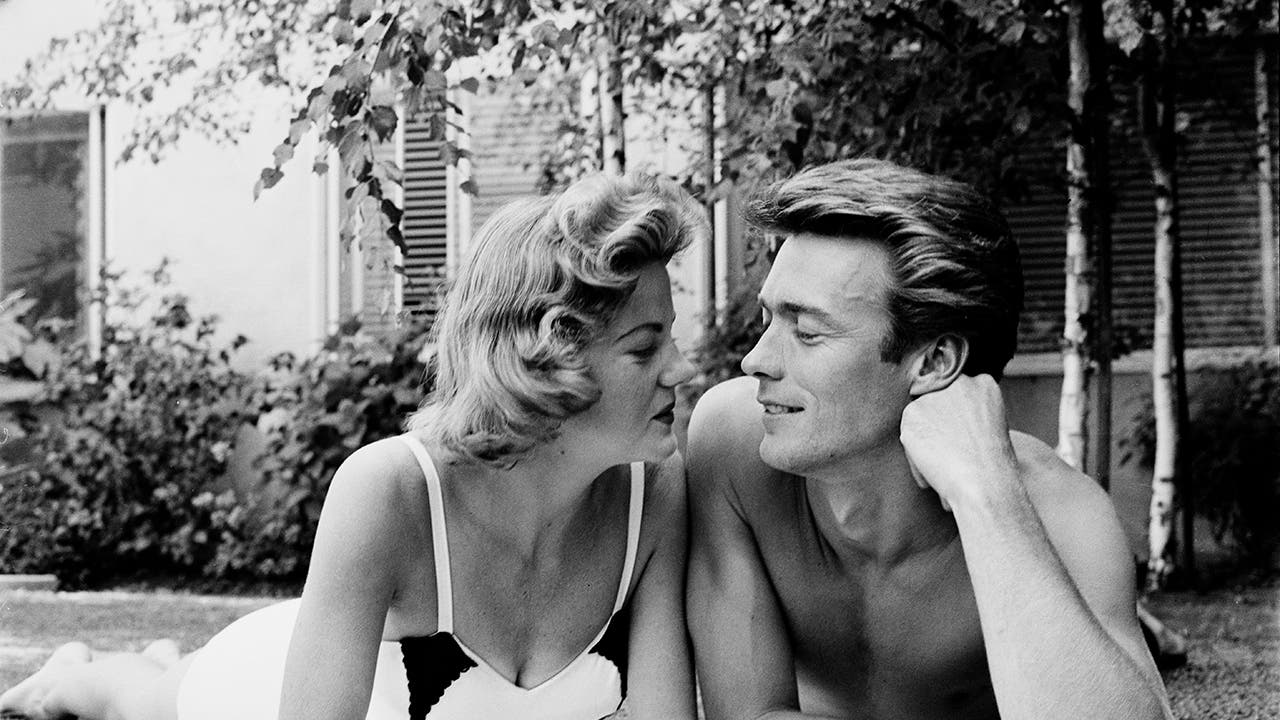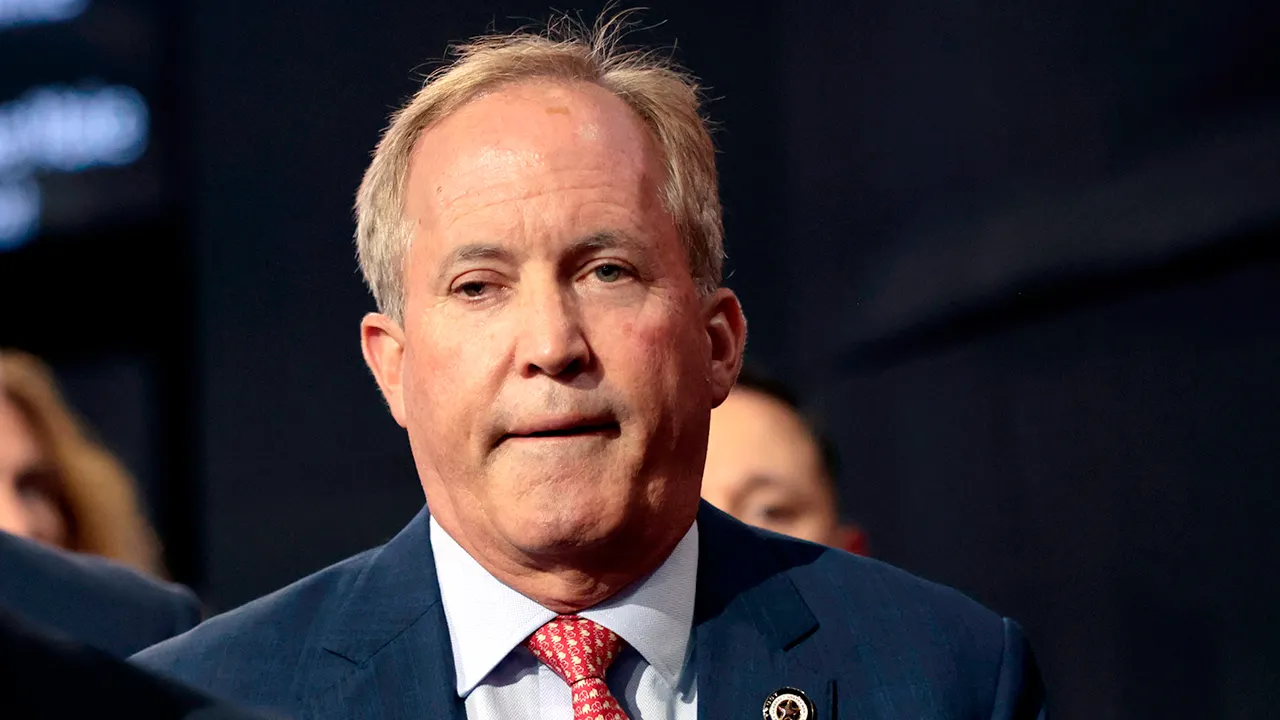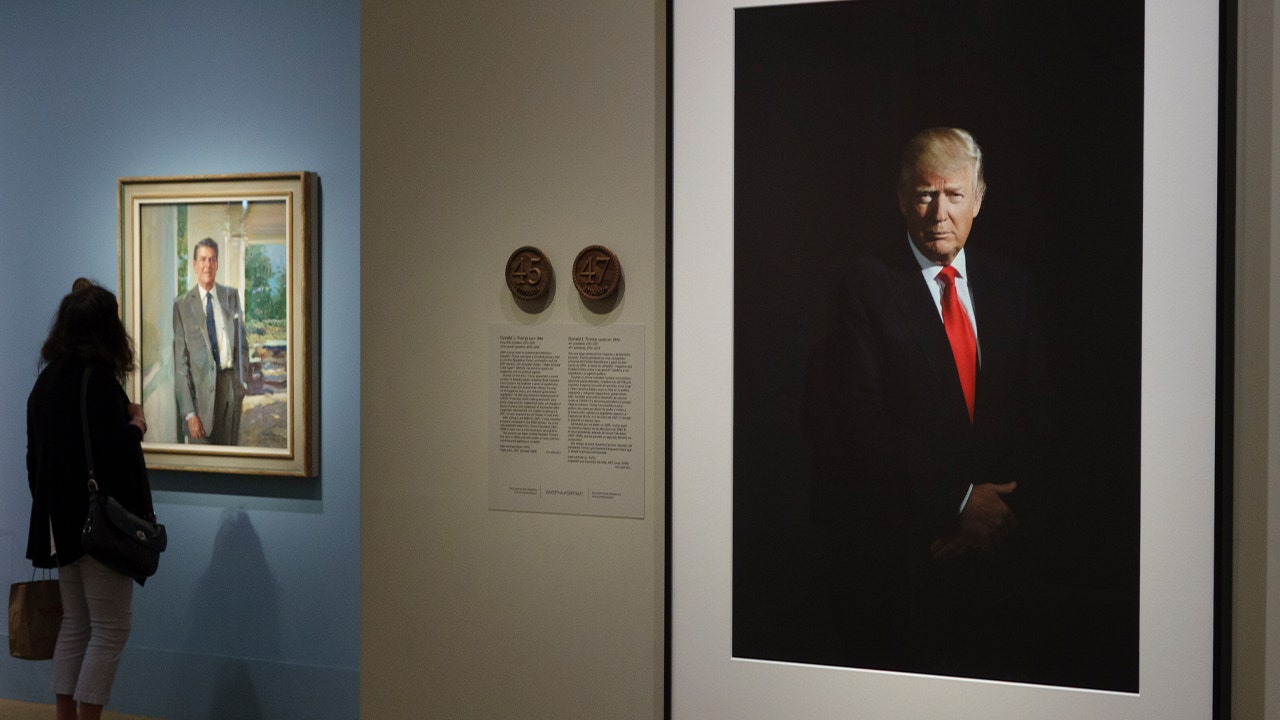Those who still remember what real comedy looks like got some good news last week: CBS announced that it’s canceling Stephen Colbert’s “The Late Show with Stephen Colbert.”
I know what you’re thinking — hadn’t that already happened? Spiritually? Emotionally? Creatively? Fair questions. After all, the last time Colbert got a genuine laugh, the Comedy Network still existed, and you could make a joke on TV without it requiring a full apology tour.
Look, I’m not saying no one ever laughed. But if someone did, it probably wasn’t because of his act. More likely, they were laughing at him. People often told him his show was funny — just not his show. Somewhere on television that night, something was funny. That counts, right?
Colbert spent a decade scolding America to sleep, hoping the canned applause would drown out the snoring.
Let’s be serious for a moment (which is more than Colbert’s done in about a decade). Without his show lulling viewers into a state of dull leftist self-congratulation each night, we might see a nationwide spike in melatonin sales. “The Late Show with Stephen Colbert” served as a free sleep aid for coastal elites who needed to be reassured — just before bed — that they were smarter than everyone else. No comfort like being tucked in and handed their favorite Squishmallow.
Melatonin for the masses
From the beginning, Colbert built his career on mocking conservatives. His original shtick on Comedy Central was a parody — a pretend conservative who was mocking real conservatives, but with just enough smugness to pass as “clever” in a faculty lounge.
It worked — for a while. But like most one-joke acts, it wore thin fast. When he made the jump to CBS, the parody turned into reality: a genuine leftist, playing the role of a leftist, telling jokes only a leftist could love — while aiming hate at conservatives.
Colbert wasn’t a comedian. He was an actor pretending to be a comedian, which is only slightly more honest than most modern pundits pretending to be journalists.
Bias dressed as truth
But there’s a deeper lesson here. Colbert belongs to the same cultural bubble as NPR’s president, the university diversity officer, and the late-night writers’ room packed with Ivy League graduates who somehow believe their worldview is “neutral.”
They talk a big game about identifying bias — but can’t see the deep blue (or Marxist red) lens that shapes everything they see and say. They honestly believe they’re just “telling the truth” — a truth that, conveniently, always punches right and kisses left.
That’s what made Colbert’s show feel like a parody of itself. You kept waiting for the wink, the nudge, the moment he’d break character and admit the absurdity. But it never came.
Instead, he delivered gentle laughs for Democrats — “Teehee, aren’t they quirky?” — and launched into furious monologues about Trump, DeSantis, or anyone to the right of Mitt Romney. It wasn’t satire. It was seething partisan rage, disguised as applause-sign comedy.
You wanted it to be a bit. But it wasn’t. It was just Colbert. Night after night. Until the ratings finally collapsed and put the whole sad production out of its misery.
RELATED: Stephen Colbert likens WSJ poll of Trump vs. DeSantis to a poll pitting ‘gonorrhea’ against ‘slightly more racist gonorrhea’
Photo by SAUL LOEB/AFP via Getty Images
One shining moment
I’ll give credit where it’s due. Colbert did have one moment of brilliance — a genuine philosophical zinger. It happened years ago, back when Colbert still hosted “The Colbert Report.” His guest was none other than Lawrence Krauss — the disgraced ASU physicist who became famous for telling people the universe came from nothing (a philosophical trick so bold it somehow earned him a book deal and a speaking tour).
Krauss was on to promote his book, “A Universe from Nothing,” and Colbert got him to admit that what he’s talking about isn’t nothing, but rather something called “quantum foam.” The book’s title was blatant false advertising.
And then Colbert — clearly out of character for once — did something I still show my philosophy students. He pressed Krauss: “So you believe the universe came from nothing?” Krauss nodded. “And you believe God doesn’t exist, that God is nothing?” Another nod. Colbert paused and delivered the knockout line: “Then aren’t you really saying the universe came from God?”
Boom.
That one line did more to dismantle Krauss’ book than any academic critique ever could. It was sharp, witty, and philosophically devastating. (You can watch my analysis of that clip here.)
If only Colbert had stuck to that kind of comedy — the kind that exposes absurdity rather than reinforces it. Instead, he spent the next decade scolding America to sleep, hoping the canned applause would drown out the snoring.
Make comedy great again
The sad truth is that we haven’t seen real late-night humor in years. I recently caught a rerun of Johnny Carson, and it was like discovering a comedic oasis in the desert. Carson could poke fun at both sides of the aisle without apologizing for loving his country. He didn’t flirt with the virus of multicultural guilt or the blame-America-first bug that has infected entertainment for the last 20 years.
He was funny because he understood something Colbert never did: America, for all her flaws, is still worth laughing with — not just sneering at.
So farewell, Stephen Colbert. I’d say we’ll miss you, but we’ve already had years of practice.
Read the full article here






![Trump Calls for Adam Schiff to be Prosecuted, Drops Smoking Gun Receipt [WATCH] Trump Calls for Adam Schiff to be Prosecuted, Drops Smoking Gun Receipt [WATCH]](https://www.lifezette.com/wp-content/uploads/2025/05/2025.05.23-11.05-lifezette-6830567999340.jpg)
![Kristi Noem Shuts Down Jake Tapper, Takes Him to School on What Domestic Terrorism Is [WATCH] Kristi Noem Shuts Down Jake Tapper, Takes Him to School on What Domestic Terrorism Is [WATCH]](https://www.lifezette.com/wp-content/uploads/2025/08/2025.08.26-02.42-lifezette-68adc7c141871.jpg)

![Walz Too Chicken to Face the Music at His Own Capitol [WATCH] Walz Too Chicken to Face the Music at His Own Capitol [WATCH]](https://www.lifezette.com/wp-content/uploads/2025/12/2025.12.23-09.44-lifezette-694a6491853f2.jpg)


